
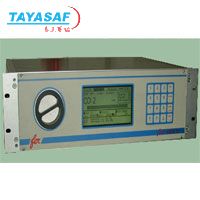
Mod.Enox(NDIR)复合气体分析仪
| 订货号: | MM-38001-00 |
| 产地: | 意大利 |
| 品牌: | |
| 开发编号: | N |
| 市场价: | ¥ |
| *此产品根据配置不同价格不同 |
| *此价格为参考价格,具体价格以订单合同为准 |
- 我在现场:
- 产品视频:

- 产品描述
- 技术参数
- 技术文档
- 相关产品
- 明细价格
- 购买流程
产品描述:
INTRODUCTION
The Enox multicomponent gas analyzer is an industrial photometer based on the non dispersive photometry in the infrared, for the contemporary measure of several gases.
The technology which has been used is based on correlation filters (GFC) and optical non dispersive absorption (DOAS). A high stability sensor, working at a very low temperature (-35 °C) and the used technology ensure a nearly fully immunity to cross sensitivity, high stability and sensitivity.
A very powerful electronic unit that can acquire all available measures (4000 per second for each analyzed gas) reduces the noise to a minimum value.
The measuring principle, the optical bench and the automatic and accurate compensation of the variations of room temperature enable to avoid the expensive and complicated automatic calibrations, which are always possible.
A large back lighted graphic display continuously supplies the value of the measured gases (including a large bar graph), the alarms, the service requirements, the faults, separated for each gas and the alarms from the sampling system.
All alarms have the acknowledgement routine. All anomaly messages are reported on the display for the immediate knowledge of what has gone wrong. Contacts enable to retransmit all the diagnostic.
This instrument has been drawn to be user friendly and reduce as much as possible the costs of the analysis system in which it will be used. The analyzer can be directly connected to a P.C. provided with a special software, named DAS-DAC, for data acquisition.
APPLICATION
The analyzer can be used for gas measuring in a wild range of industrial applications:
· Combustion control
· Measuring of emissions of boilers, furnaces, domestic and industrial incinerators, cement, furnaces, etc.
· Process gas
· Monitoring of emissions of engines and test bench
· Analysis of gases from
· Air quality in green houses, tunnels, parking
· Analysis of protection atmosphere
PRINCIPLE OF OPERATION
A wide band infrared radiation is emitted by a non metallic, high stability source. For each measured gas this radiation is routed alternatively through an interferential filter and a cuvette filled with nitrogen and a filter and a cuvette filled with high partial pressure of the gas to be analyzed.
A suitable optical system drives the IR radiation inside the analysis chamber and then to the detector which receives and amplifies alternatively the two signals: one is the measure, the other is the measure. The gas concentration is proportional to the difference of the two signals.
Gases which may have a cross sensitivity with the measured gas, generate the same variation of the measure and reference signals. Therefore the measure is not affected.
The wheel that holds the cuvettes and filters rotates at 3000 r.p.m. The sensor can acquire 50 measures each time one of the cuvettes is in front of the IR. source. A high quantity of measures is available. They must be amplified and computed, having a very high precision and stability.
Two microprocessors connected via a dual ram are used. With this approach no measures are lost and the instrument can manage all functions. The analyzer can be optionally provided with an electrochemical cell for O2 measuring.
FUNCTIONAL DESCRIPTION
The analyzer is housed in a metallic enclosure suitable for 19” 3 PV mounting. The electronic circuit is placed on the rear part of the housing. All connectors for input and output signals are directly welded in the printed circuit, avoiding wire and connectors inside the housing. On the rear part are also placed the filtered plug with switch and fuses for the main power supply and the inox pneumatic connections for gas inputs and outputs. Inside the housing are present a membrane pump, the electro valve for the auto zero calibration, a flow sensor and the optional cell for O2 measuring. The panel includes a 16 keys keyboard, a fine filter with the visible filtering element and the back lighted display
|
DPB Version
Polluting compound and emissions measure the more and more reduced in the air, have demanded the reduction of the full-scale of the instrument in order to render the measure of more and more small analyzable gas amounts possible. Version DPB differs from the base version for the fact that uses an optical path much longer with consequent increase of the variation of measure signal with the same gas concentration. Is therefore possible to reduce drastically the full-scale of measurable gases. Particular attention has been placed in the measure of CO and CO2 in air or in the products of combustion obtaining: | ||
|
Gas measured |
Least full-scale |
Maximum full-scale |
|
CO |
10 ppm |
15000 ppm |
|
CO2 |
10 ppm |
5000 ppm |
|
NO |
50 ppm |
1500 ppm |
|
All the other characteristics remain unchanged; only the weight increases of 1.1 Kg | ||
技术参数:

泰亚赛福作为众多知名品牌的合作伙伴,优惠的价格+完善的售后服务体系向您提供产品。font>

泰亚赛福作为众多知名品牌的合作伙伴,优惠的价格+完善的售后服务体系向您提供产品。font>
技术文档:

泰亚赛福作为众多知名品牌的合作伙伴,优惠的价格+完善的售后服务体系向您提供产品。font>
- 在线浏览:
- 文档下载:

泰亚赛福作为众多知名品牌的合作伙伴,优惠的价格+完善的售后服务体系向您提供产品。font>
相关产品:

泰亚赛福作为众多知名品牌的合作伙伴,优惠的价格+完善的售后服务体系向您提供产品。font>
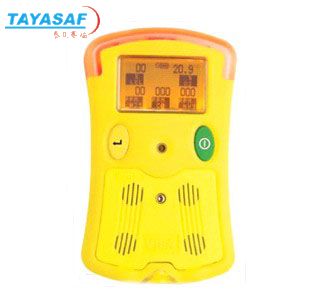 VISA手持式复合气体检测仪订货号:MM-00262-00
VISA手持式复合气体检测仪订货号:MM-00262-00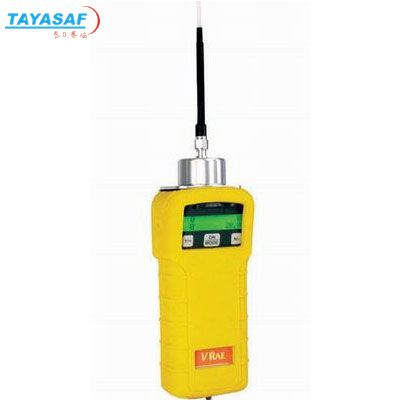 VRAE五合一气体检测仪[PGM-7800]订货号:MM-00888-00
VRAE五合一气体检测仪[PGM-7800]订货号:MM-00888-00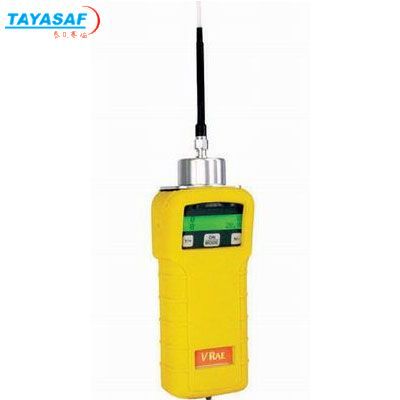 VRAE五合一气体检测仪[PGM-7840]订货号:MM-00890-00
VRAE五合一气体检测仪[PGM-7840]订货号:MM-00890-00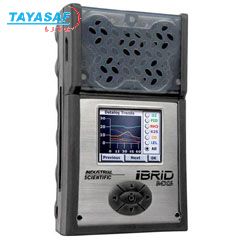 美国英思科MX6复合式多气体检测仪订货号:MM-01046-00
美国英思科MX6复合式多气体检测仪订货号:MM-01046-00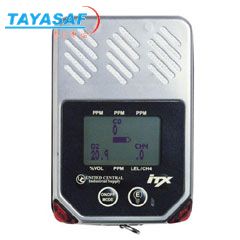 iTX 复合式气体检测仪订货号:MM-01709-00
iTX 复合式气体检测仪订货号:MM-01709-00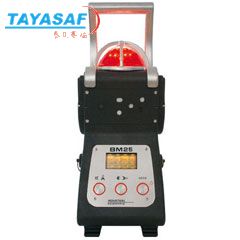 BM25复合式气体检测仪订货号:MM-01724-00
BM25复合式气体检测仪订货号:MM-01724-00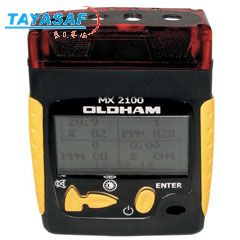 MX2100复合式气体检测仪订货号:MM-01705-00
MX2100复合式气体检测仪订货号:MM-01705-00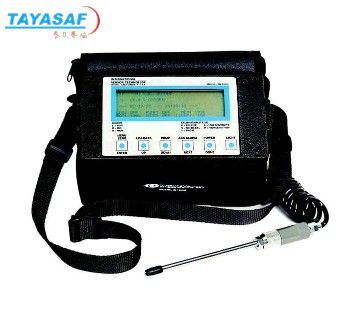 IQ-1000万用气体检测仪订货号:MM-02603-00
IQ-1000万用气体检测仪订货号:MM-02603-00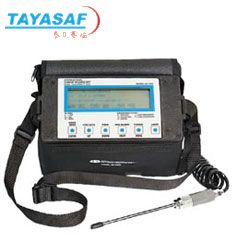 IQ-1000苯乙烯气体检测仪订货号:MM-08222-00
IQ-1000苯乙烯气体检测仪订货号:MM-08222-00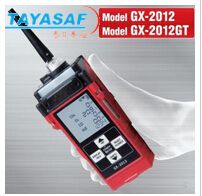 日本理研复合气体检测仪GX-2012订货号:TA-01459-00
日本理研复合气体检测仪GX-2012订货号:TA-01459-00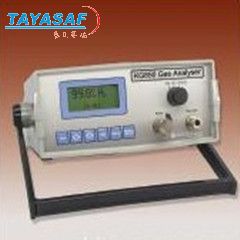 KG850便携式气体分析仪订货号:MM-84962-00
KG850便携式气体分析仪订货号:MM-84962-00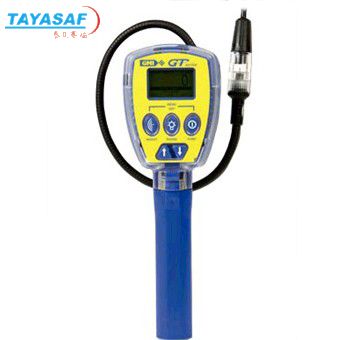 GT41可燃气体检测仪订货号:TA-00094-00
GT41可燃气体检测仪订货号:TA-00094-00

泰亚赛福作为众多知名品牌的合作伙伴,优惠的价格+完善的售后服务体系向您提供产品。font>
明细价格:

泰亚赛福作为众多知名品牌的合作伙伴,优惠的价格+完善的售后服务体系向您提供产品。font>
| 定货号 | 产品名称 | 规格配置 / 简介 | 市场价/(会员价) |
|---|---|---|---|
| MM-38001-00 | Mod.Enox(NDIR)复合气体分析仪 | /() |

泰亚赛福作为众多知名品牌的合作伙伴,优惠的价格+完善的售后服务体系向您提供产品。font>
购买流程:

泰亚赛福作为众多知名品牌的合作伙伴,优惠的价格+完善的售后服务体系向您提供产品。font>
①购买产品:点击“生成订单”→填写产品数量、联系方式并提交→会员顾问订单处理→合同签订。
②咨询产品:请联系会员顾问或致电会员客服电话。
③如果您还不是我们的会员,请先注册。
④最小起订数量:1
注意:本产品唯一个人现金委托收款人,如汇入其它个人账户本公司不承担任何责任
维护担当:
上线时间:
投诉电话:13801126385 13911302309
②咨询产品:请联系会员顾问或致电会员客服电话。
③如果您还不是我们的会员,请先注册。
④最小起订数量:1
注意:本产品唯一个人现金委托收款人,如汇入其它个人账户本公司不承担任何责任
维护担当:
上线时间:
投诉电话:13801126385 13911302309
联系方式
电话北京:400-000-1836 分机 或拨0转总机
上海:021-54248686 分机840 / 211 或拨0转总机
上海:021-54248686 分机840 / 211 或拨0转总机
传真北京:010-84852750/84854139
上海:021-64418200
上海:021-64418200

泰亚赛福作为众多知名品牌的合作伙伴,优惠的价格+完善的售后服务体系向您提供产品。font>
品牌简介
您最近浏览的商品












 意大利FER
意大利FER
